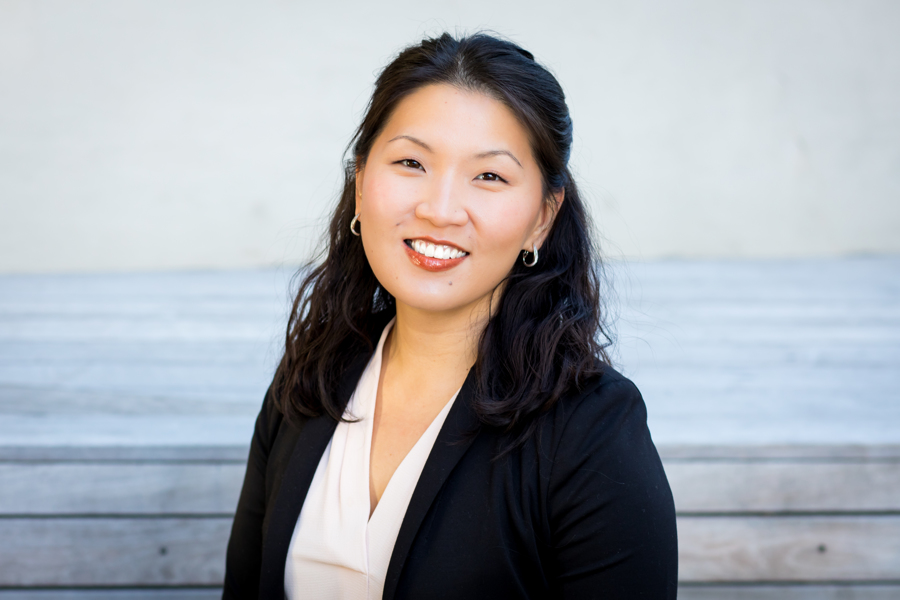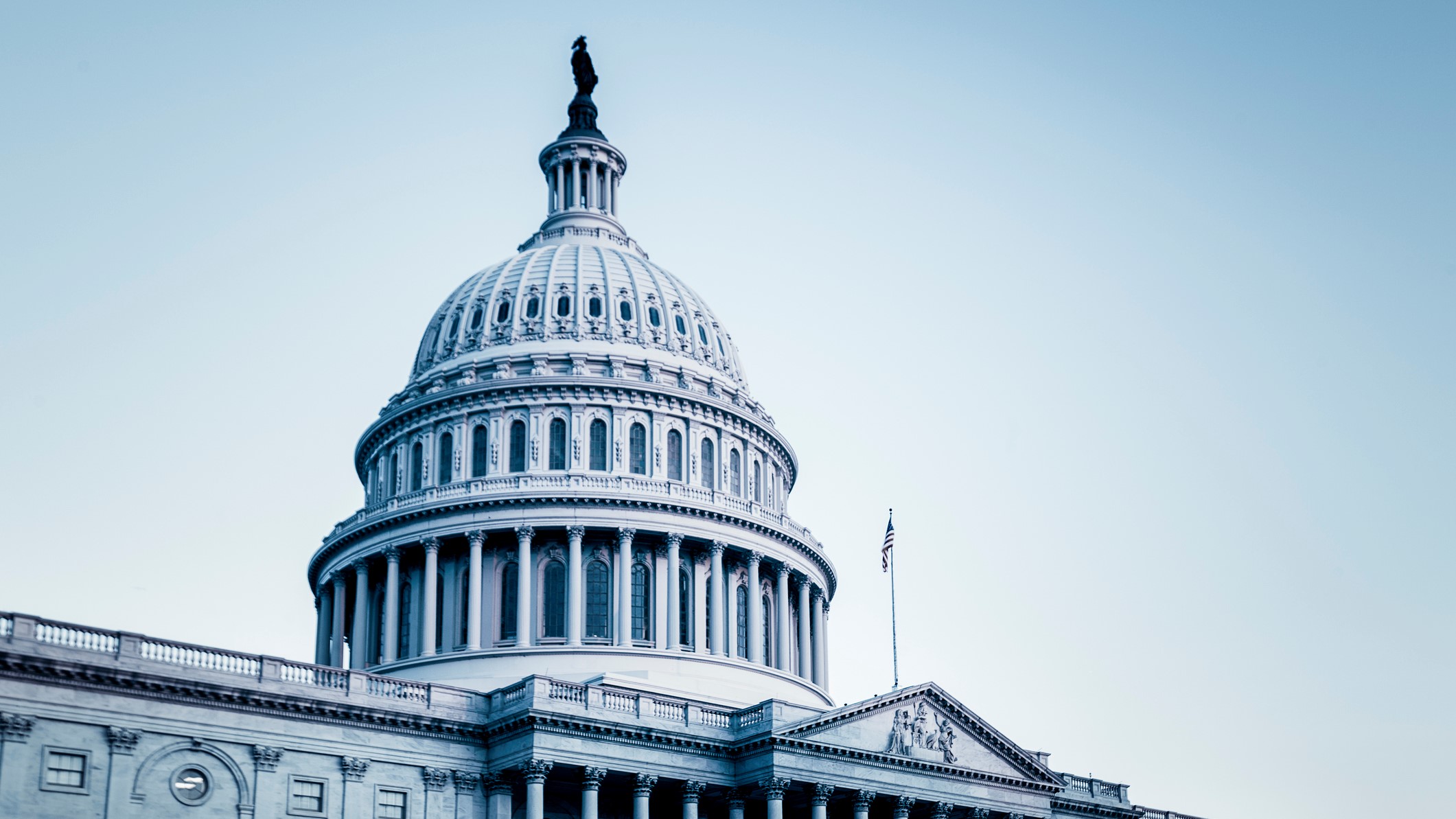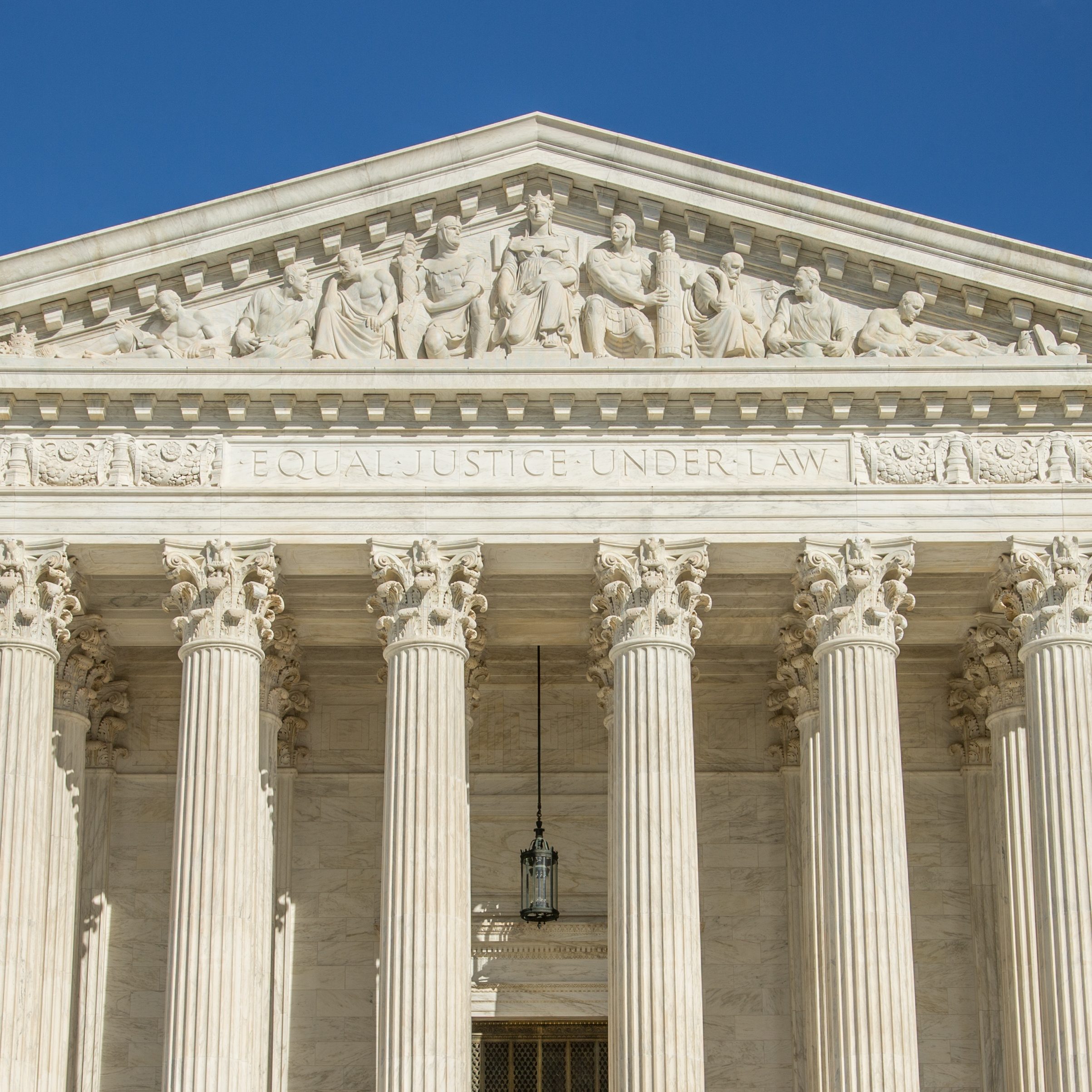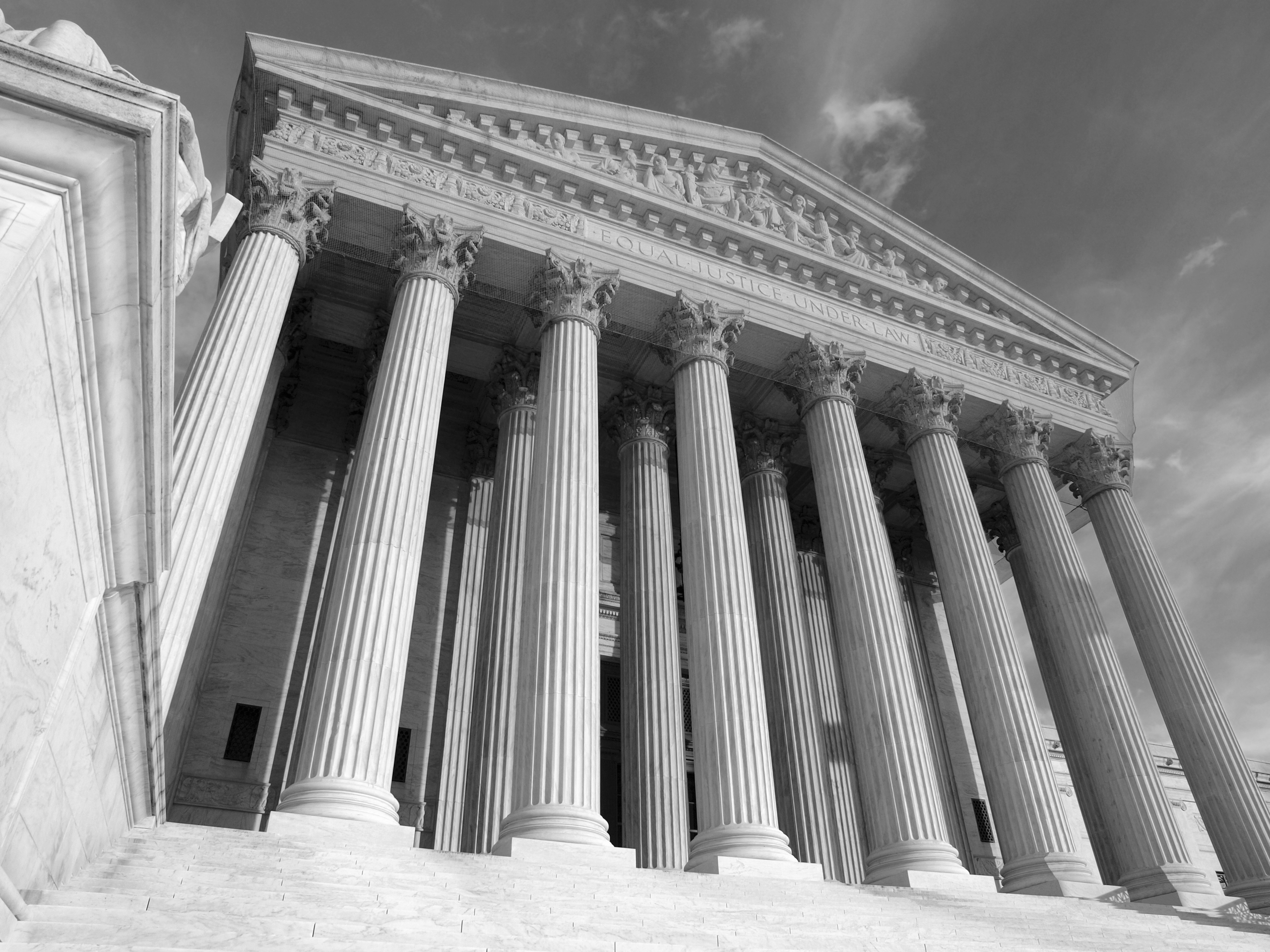Amy Coney Barrett Chose Power and Privilege… Over All of Us
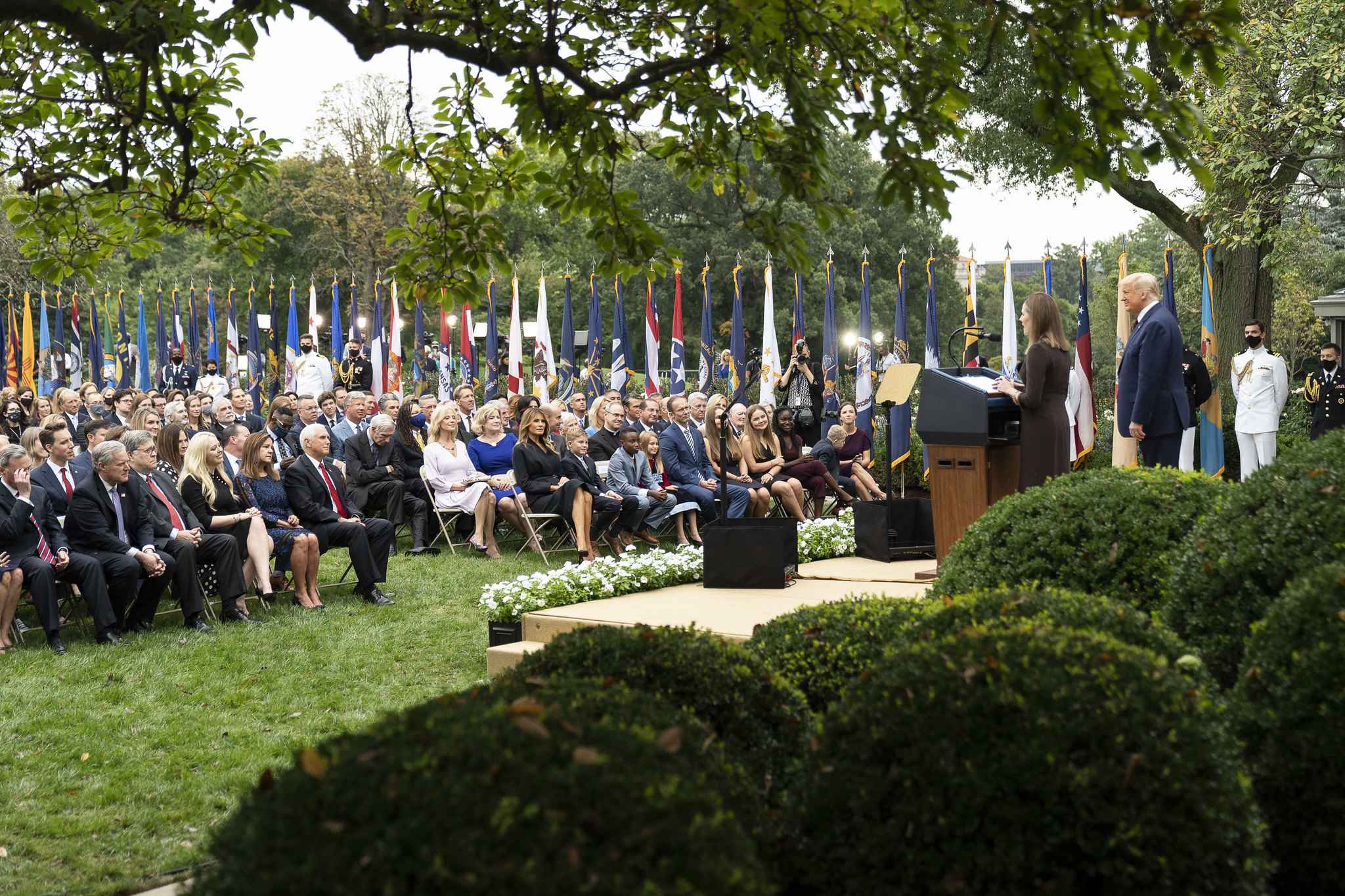
On September 26, while the COVID-19 pandemic raged on, hundreds of people filed into the White House Rose Garden, mask–less, bumping fists, and even hugging one another. Seated shoulder to shoulder, they were in the Rose Garden to see the President formally announce his nominee to the Supreme Court, Amy Coney Barrett, even before Justice Ruth Bader Ginsburg would be laid to rest.
Now, at least 10 of the attendees—that we know of—have tested positive for the virus. And hundreds of hard-working staff and unassuming others have been exposed.
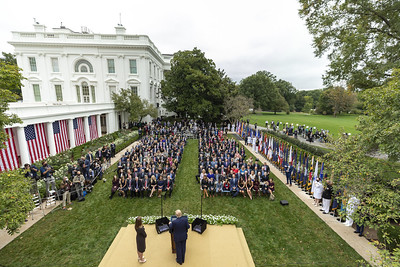
Lest we forget: Barrett is complicit in these events.
More than two hundred thousand Americans have died from COVID-19, millions more have been affected, and our communities and our country are barely hanging on. Yet Barrett, in her zeal for self-promotion and power, chose to ignore the plight of the people she would serve as a Supreme Court Justice. And not only did she ignore them, she thumbed her nose at them. Like so many others at the event, she chose not to wear a mask. When she spoke at the podium, went inside the close quarters of the Oval Office for a photoshoot, and later, met one-on-one with Senators, she did not wear a mask. At no point during her PR tour did she in any way adopt a physical representation—both medically necessary and symbolic—that even acknowledged the crisis.
Even now—when day after day, more people from the Rose Garden event test positive—Barrett could stop this confirmation process and take her name out of the running, even if it’s hard to do so (in fact, it’s happened before). A Supreme Court Justice requires the strength of character and good judgement to resist pressure from outside parties, including politicians. But she has failed this test. Her willingness to rush along her own confirmation even though people have been and may still be exposed to a deadly virus in the process is a glaring sign that no, she cannot be an independent arbiter of the law.
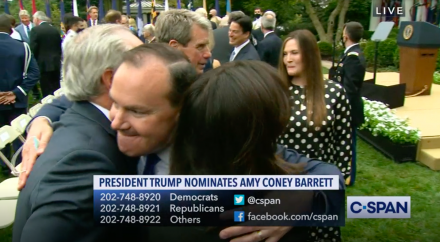
Yet, the Senate and Barrett are pushing forward with the confirmation process despite the fact that Senators, their staff, maintenance workers, janitorial staff, journalists, and every single person who may be exposed to the virus through Barrett’s confirmation hearing will be at risk. It’s heinous to consider that they are deliberately ignoring this risk as they parade around Capitol Hill, rushing a sham nomination process within weeks of a Presidential election.
Barrett is also privileged. I wonder: when Barrett attended a reception that flouted CDC guidelines, did she consider White House employees who had no choice but to be at the Rose Garden that day? Did she consider those forced to say goodbye to a loved one over the phone because they weren’t permitted to enter the hospital? When the President and his allies easily abandoned their plans to pass COVID-19 relief in favor of her confirmation, did she think about the nearly 3.8 million people who permanently lost their job in September alone? And I wonder, is she alarmed by the rate in which COVID-19 has taken the lives of Black, Latinx, and Indigenous people across America, communities that are suffering much worse from the virus’s impacts than white people, communities that face greater risk of hospitalization and death?
I don’t have to look further than her record to get my answers.
While on the bench, Barrett has repeatedly rejected the lived experiences of others. In 2017, Barrett chose to deny the experience of Black and Latinx employees by endorsing the viewpoint that a racially segregated workplace just wasn’t harmful enough. In 2019, she undermined the trauma of survivors by suggesting that taking sexual misconduct seriously is evidence of sex discrimination against men in schools. And she has supported a restriction that would force young people to tell their parents about their decision to have an abortion, even if a judge has determined they are mature enough to make the decision.
Amy Coney Barrett’s actions in the Rose Garden that day were not a fluke. She has, and has always had, the power to fight inequity and consider how her decisions impact real, everyday people. To comply with this illegitimate process and cause suffering for political expediency: that’s real and raw privilege. And now, the most vulnerable individuals must bear the consequences.

